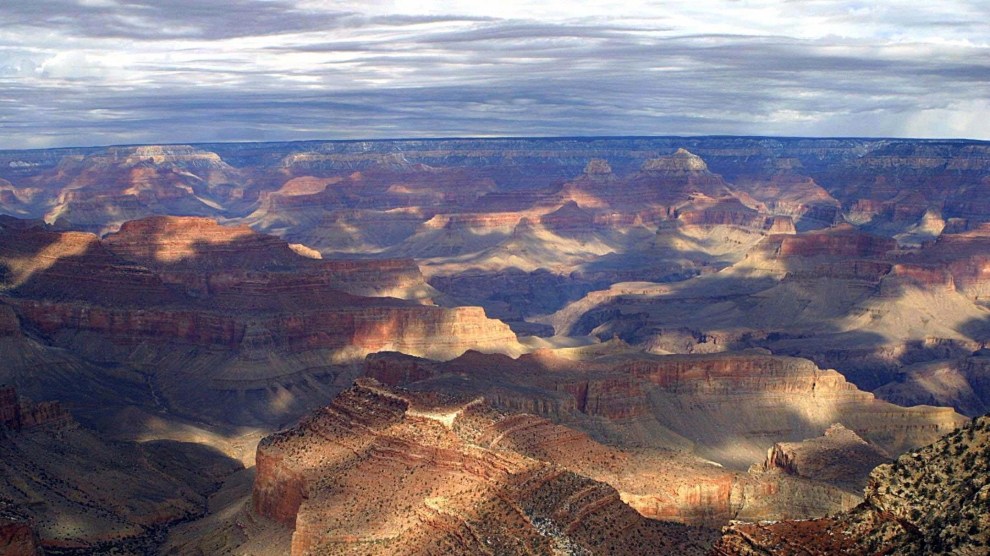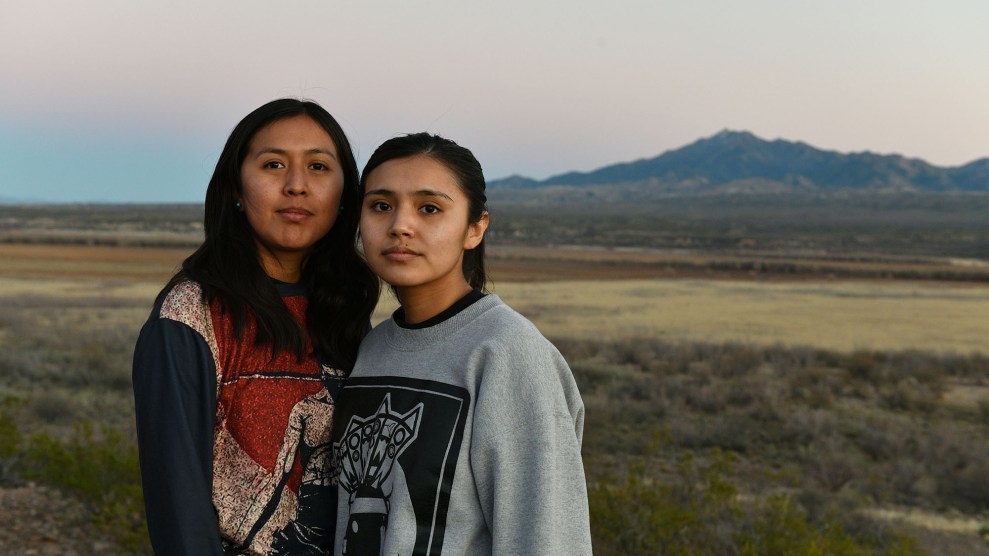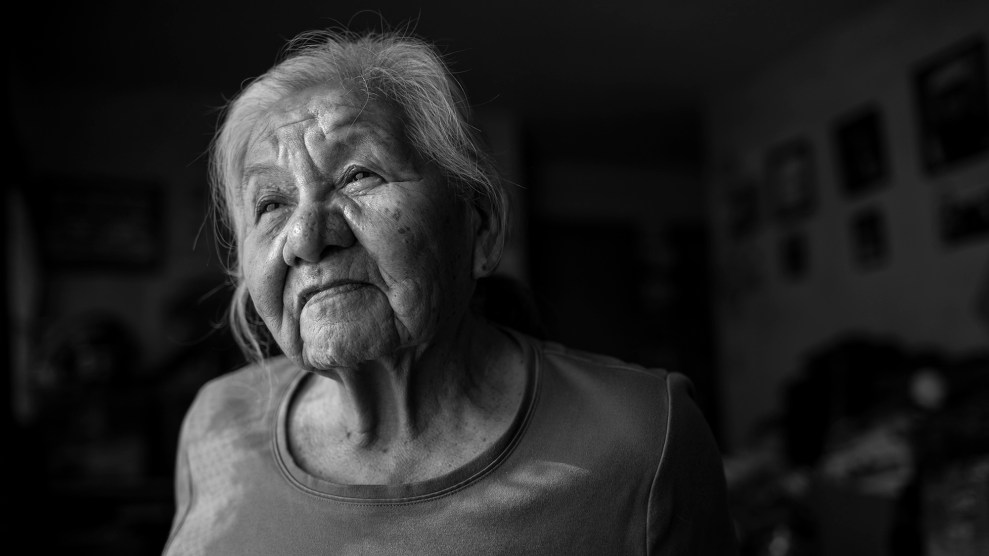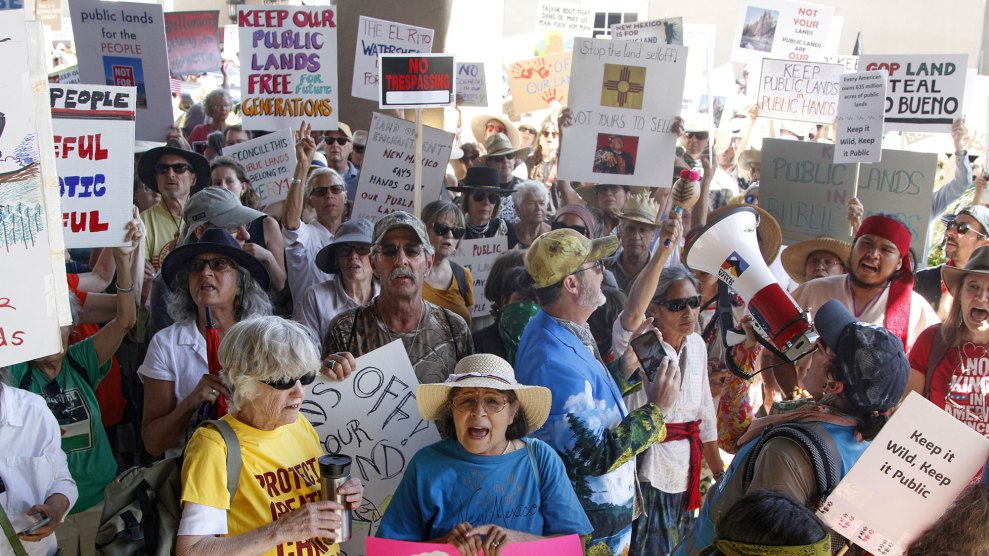
Karen Bleier/Getty
On Tuesday, President Joe Biden formally designated nearly 1 million acres of public land surrounding the Grand Canyon as a national monument, an action that permanently bans new uranium mining in the area.
Baaj Nwaavjo I’tah Kukveni—Ancestral Footprints of the Grand Canyon National Monument, as it’s called, means “where Indigenous peoples roam” in the Havasupai language and “our ancestral footprints” in the Hopi language, the White House said in a statement. The monument, which includes three regions just south, northeast, and northwest of Grand Canyon National Park, will protect thousands of Native American cultural sites.
The designation also comes with some serious environmental muscle. By establishing the area as a national monument, Biden effectively blocked all new uranium mining in the region, an action Native American tribes have supported for decades, the Associated Press reports. Uranium is typically used as fuel for nuclear energy, and mining it can contaminate the environment. “It’s really the uranium we don’t want coming out of the ground because it’s going to affect everything around us—the trees, the land, the animals, the people,” Havasupai Tribal Councilwoman Dianna Sue White Dove Uqualla told the AP. “It’s not going to stop.”
Mining in the area had been temporarily banned under former President Barack Obama, with restrictions set to expire in less than a decade, in 2032. But even with the moratorium, uranium companies had maintained hundreds of active mining claims in the hope it would eventually be lifted, according to the Grand Canyon Trust, an Arizona-based environmental non-profit. As the New York Times reports, those restrictions are now permanent. “The mining is off limits for future development in that area,” Ali Zaidi, the president’s national climate adviser, told reporters on Air Force One, according to the Times. “It’s focused on preserving the historical resources.”
Baaj Nwaavjo I’tah Kukveni is the fifth time Biden has designated a national monument since taking office, the White House notes: Others include a monument honoring Emmett Till and his mother in Illinois and Mississippi; the Castner Range National Monument, a 6,672-acre monument in El Paso, Texas; a monument protecting Avi Kwa Ame or “Spirit Mountain,” a Native American sacred site in Nevada; and the 53,804-acre Camp Hale-Continental Divide National Monument in the Colorado Rocky Mountains.
Watch Biden sign the historic proclamation below:
Tune in as I deliver remarks on conservation and sign a proclamation to establish the Baaj Nwaavjo I’tah Kukveni – Ancestral Footprints of the Grand Canyon National Monument. https://t.co/15QuLkFobr
— President Biden (@POTUS) August 8, 2023














